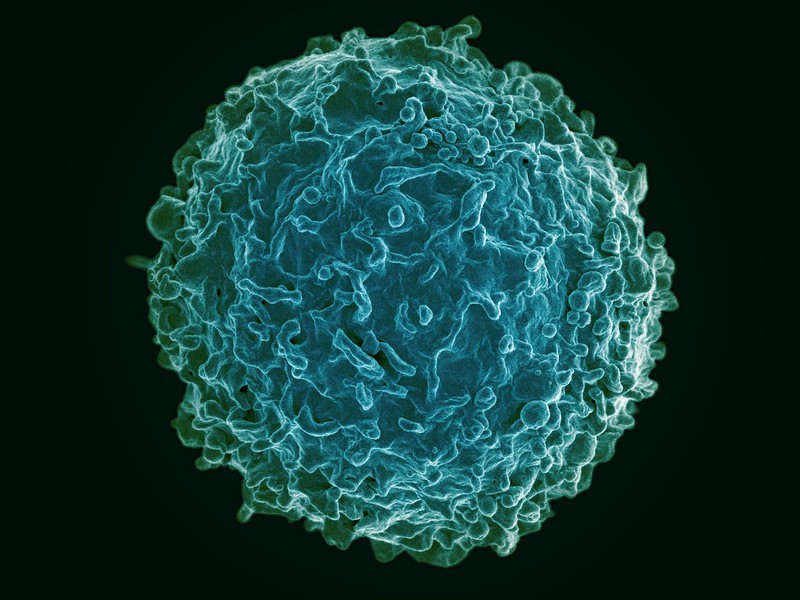
B cells of the immune system consistently produce vast quantities of proteins. Be Biopharma is harnessing that capability for a new type of cell therapy and the biotech company now has $130 million to advance toward the clinic with a pipeline of candidates in cancer and rare diseases.
Arch Venture Partners led the Series B round of financing announced Thursday.
The first cell therapies were made from T cells harvested from a patient and engineered to target that patient’s cancer. A slew of companies are pursuing the next generation of these T cell treatments; Be Bio is part of a smaller contingent focusing on making cell therapies from B cells, a type of white blood cell that produces antibodies that fight disease and maintain health. The Cambridge, Massachusetts-based startup engineers these B cells so that the proteins they produce have specific therapeutic applications. Leveraging the B cell’s protein-producing capabilities essentially turns these cells into factories that churn out a drug.
Be Biopharma calls its cell therapies BeCMs, which is short for engineered B cell medicines. Unlike the T cell therapies that are made from a patient’s own cells, BeCMs can be made from cells sourced from healthy donors. The biotech also says its therapies offer the potential for a durable effect, and can be redosed without a toxic conditioning regimen that prepares the body to receive the treatment.
The initial focus of Be Bio is rare disease and cancer, though the company has not provided further details about specific diseases within those categories. The company did say that as it expands its technology platform, its scope could broaden to include other therapeutic areas such as infectious disease, neurological conditions, and autoimmune disorders. In a prepared statement, Steven Gillis, managing director at Arch Venture Partners, said his firm was impressed with Be Bio’s progress since its launch.

NEMT Partner Guide: Why Payers and Providers Should Choose MediDrive’s TMS
Alan Murray on improving access for medical transportation.
“The untapped potential of B cell medicines is exciting, as is Be Bio’s highly modular platform that could rapidly unlock a pipeline of product candidates across a variety of serious diseases,” said Gillis, who is joining the biotech’s board of directors.
Be Bio launched in 2020 with $52 million in Series A financing. Competitors have emerged since then. South San Francisco-based Walking Fish Therapeutics launched last September, backed by a $50 million Series A financing. The preclinical startup’s programs are in development for solid tumors, rare disease, and regenerative medicine. Meanwhile, preclinical-stage Immusoft is developing B cell therapies capable of penetrating the protective blood-brain barrier. Last October, the Seattle startup began a partnership with Takeda Pharmaceutical focused on developing treatments for rare neurometabolic disorders.
Be Biopharma does not have a big pharmaceutical partner yet, but Bristol Myers Squibb is taking a closer look at the company’s research. BMS is among the new investors in the Series B financing, an investment that gets it an observer seat on the startup’s board. The latest round of financing also included participation from earlier investors Atlas Venture, RA Capital Management, Alta Partners, Longwood Fund, and Takeda Ventures.








